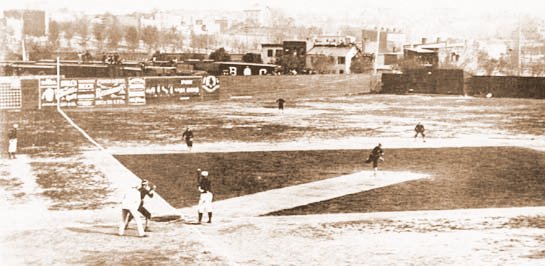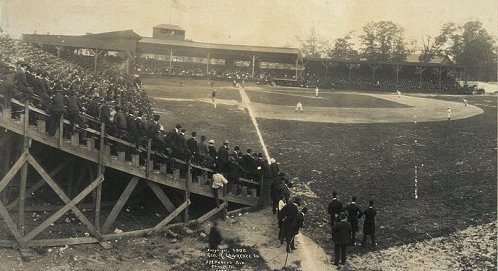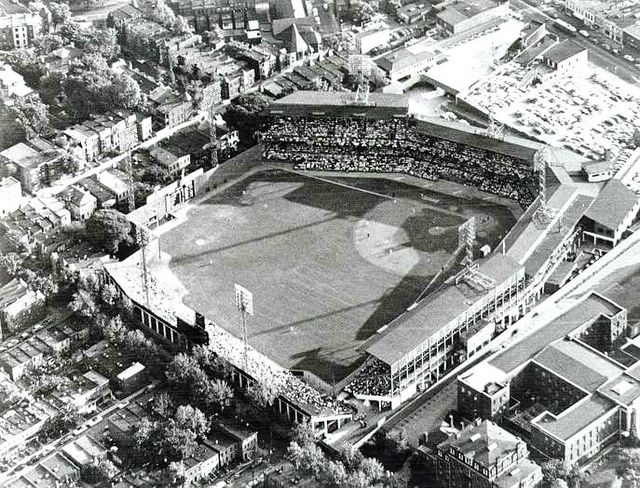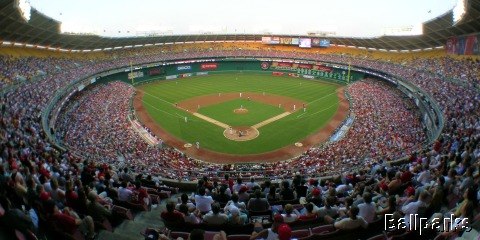Answer: $59,259, Give Or Take A Penny Or Two
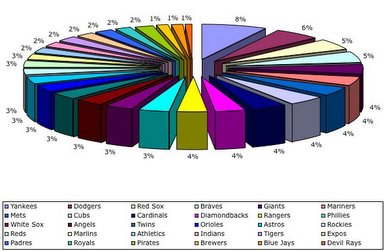 [November 18th] -- Frank Robinson sat in his office last August, deep in the bowels of RFK. He was stripped to the waist, tired but managed a smile. The Nationals had just won a game having given up six runs while committing several errors. Robinson looked up at the crowd of reporters and said, "It was ugly, but it was a win. A win is a win is a win."
[November 18th] -- Frank Robinson sat in his office last August, deep in the bowels of RFK. He was stripped to the waist, tired but managed a smile. The Nationals had just won a game having given up six runs while committing several errors. Robinson looked up at the crowd of reporters and said, "It was ugly, but it was a win. A win is a win is a win."
Well, yes. And no.
While each win, whether the result of a no-hitter or an error, counts the same in the 'w' column, the cost of each can vary greatly from team to team. Batting averages and earned run averages help gage a players ability, and the cost per win indicates how well a team's general manager is doing.
It's a simple process. Divide the total team payroll by the number of wins the team reaches. The Washington Nationals had a 2005 payroll of about $48 million; each of the team's 81 victories cost $59,259. The Nats, with their low payroll and high win total, had the lowest cost-per-win in the National League East, was third in the National League and ended the year sixth in the major leagues. Here are the rankings of the fifteen National League teams, ranked lowest to highest:
- Milwaukee Brewers $49,382
- Pittsburgh Pirates $56,914
- Washington Nationals $59,259
- Colorado Rockies $71,641
- Florida Marlins $72,289
- San Diego Padres $76,829
- Arizona Diamondbacks $81,818
- Cincinnati Reds $82,191
- Houston Astros $86,516
- St. Louis Cardinals $92,219
- Atlanta Braves $94,444
- Philadelphia Phillies 107,000
- Chicago Cubs $110,000
- San Francisco Giants $120,000
- New York Mets $125,000
There are some interesting "back stories" in these numbers. The four teams with the most expensive wins, the Phillies, Cubs, Giants and Mets, didn't make the playoffs. They averaged a combined 81 wins, the same number as the Nationals. The Nats payroll barely reached $48 million while the bottom dwellers averaged $94 million per team, almost twice the Nationals' payroll.
The four playoff teams, the Braves, Cardinals, Padres and Astros, had an average payroll of about $81 million, less than the Mets, Giants, Cubs, Phillies plus the Reds and the Diamondbacks.
There are two types of teams with low a low cost per win ratio. The Milwaukee Brewers, who like the Nationals also won 81 games, did it with a payroll almost eight million dollars less. This tends to happen when a team has several young stars blossom at once. Rickie Weeks, Prince Fielder and Bill Hall made a big difference in 2005. The Pittsburgh Pirates are a different story however. They're 67 victories came at a cost of only $38 million. They weren't trying to win, they were trying to survive. The Royals [$65,878] and Devil Rays [$56,679] fall into that "too cheap to care" category as well.
The Nationals' by far and away did the most with the least in the National League East. A Marlins victory was 22% more expensive than a Washington win. Braves wins were 60% more expensive, Phillies victories were 83% higher. A Mets victory was a whopping 110% more expensive than a Nats' win.
Throwing money at free agents is not the answer. The Mets have committed $23 million per year, almost half of Washington's entire payroll, to just two players, Carlos Beltran and Pedro Martinez. That got them 83 wins. GM Omar Minaya is now telling anyone who'll listen that he won't be outbid for Phillies' closer Billy Wagner. The Braves have committed 50% of their payroll to only three players, Mike Hampton, John Smoltz and Chipper Jones. These teams sign stars to outrageous salaries and then regret it a year or two later. The Phillies have Ryan Howard, National League Rookie-Of-The-Year and don't know where he'll play next season because Jim Thome is scheduled to return to first base following an injury. Both players can only play first base. Thome makes $14 million a year, greatly limiting the number of teams who can assume his salary [probably the Yankees, Red Sox and Angels].
That's just how free agency works.
The Nationals need to build from within, signing the occasional mid-level free agent to fill a hole when needed. The new owners don't want to be hamstrung by large free agent contracts like the Giants and Phillies currently are. The Milwaukee Brewers have a core of young talent that will keep them in contention for years to come. When a team signs a free- agent and their record is above .500, they lose their first round draft pick the next season. The Nationals are thin enough in their minor league system without having to give away next season's Ryan Zimmerman or Jay Bergman.
A payroll of $70 million dollars that fuels a 90 win season will cost the Nationals $75,000 per win, which would have ranked them 6th best in 2005. Those are workable numbers, both for the team and for we fans who must support their wages.
Now, let's hope that new ownership will build slowly, build from within and be careful with high priced free agents. It's the right way.









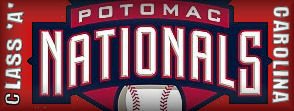

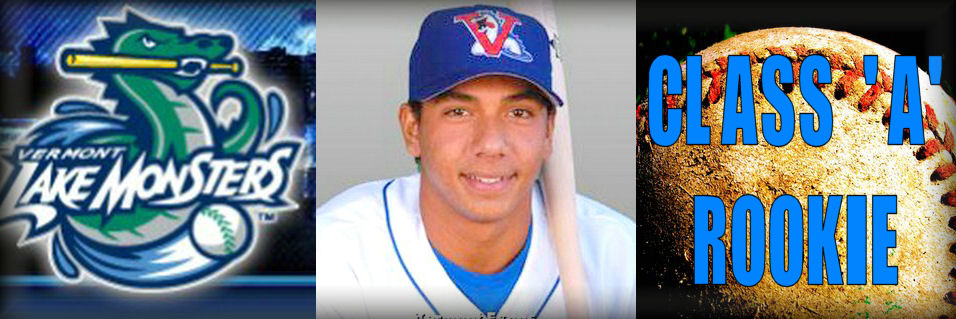











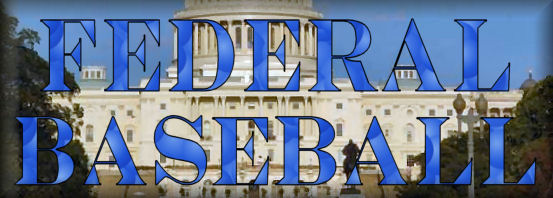



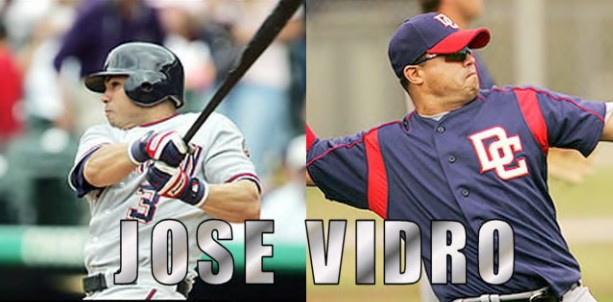




















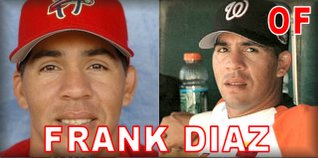

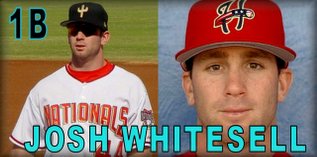
 3) 1926 (road) --- 4) 1936-'37, 1948-'51
3) 1926 (road) --- 4) 1936-'37, 1948-'51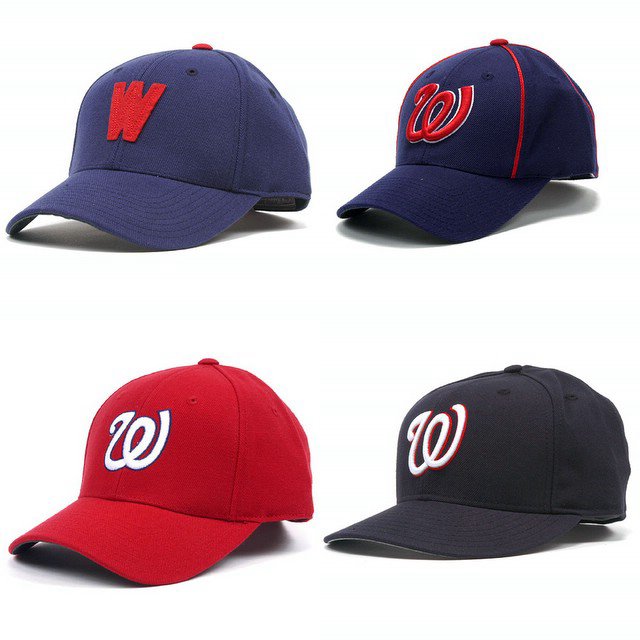 3) 1968 - '71, and 2005 (home) --- 4) 2005 (road)
3) 1968 - '71, and 2005 (home) --- 4) 2005 (road) Buddy Meyer --- Walter Johnson
Buddy Meyer --- Walter Johnson Ed Yost --- Muddy Ruel
Ed Yost --- Muddy Ruel Roger Peckinpaugh --- Joe Cronin
Roger Peckinpaugh --- Joe Cronin Del Unser --- Darold Knowles
Del Unser --- Darold Knowles Ed Stroud - Mike Epstein
Ed Stroud - Mike Epstein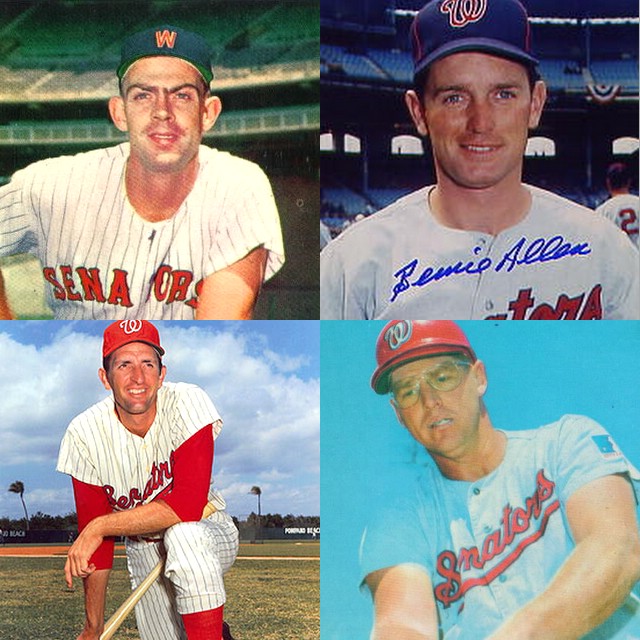 3)1968 -- 4)1969 - 1971
3)1968 -- 4)1969 - 1971